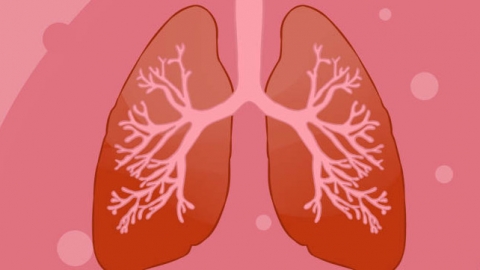Can Stage IIIA pulmonary squamous cell carcinoma be clinically cured?
Generally, if patients with stage IIIA lung squamous cell carcinoma are in good physical condition and surgery is effective, there may be an opportunity to achieve clinical cure. However, if the cancer cells have already spread, it may be difficult to cure. It is recommended that patients seek timely medical treatment at a hospital and follow medical advice for treatment. The analysis is as follows:

Lung squamous cell carcinoma is a type of lung cancer with relatively low malignancy. If patients with stage IIIA lung squamous cell carcinoma are in good physical condition and can tolerate radical surgical resection, and if the effects of postoperative adjuvant radiotherapy and chemotherapy are significant, it may be possible to remove the lesion and prevent further spread of cancer cells, thereby achieving a state of clinical cure.
When stage IIIA lung squamous cell carcinoma has already metastasized to distant sites, such as to bones, liver, or brain, the possibility of cure decreases. The treatment goal shifts more towards controlling the disease, alleviating symptoms, and prolonging life. If patients also suffer from cardiovascular disease, diabetes, or other serious conditions, these complications may affect treatment outcomes and prognosis.
During treatment, patients should maintain a positive mindset and optimistic mood, which can help enhance immune function and improve treatment effectiveness.







